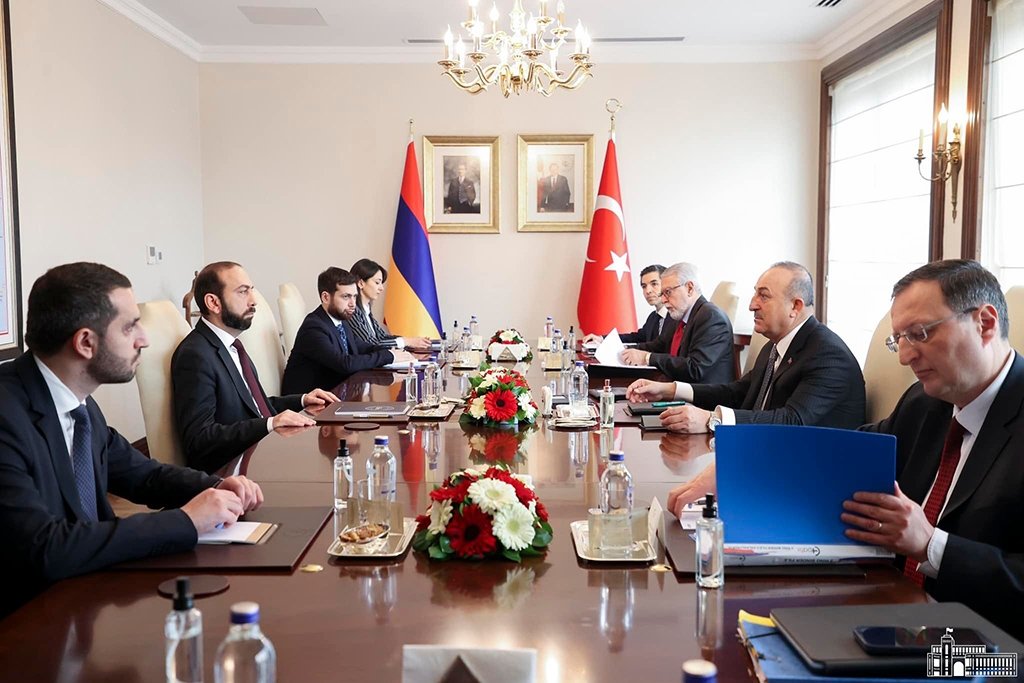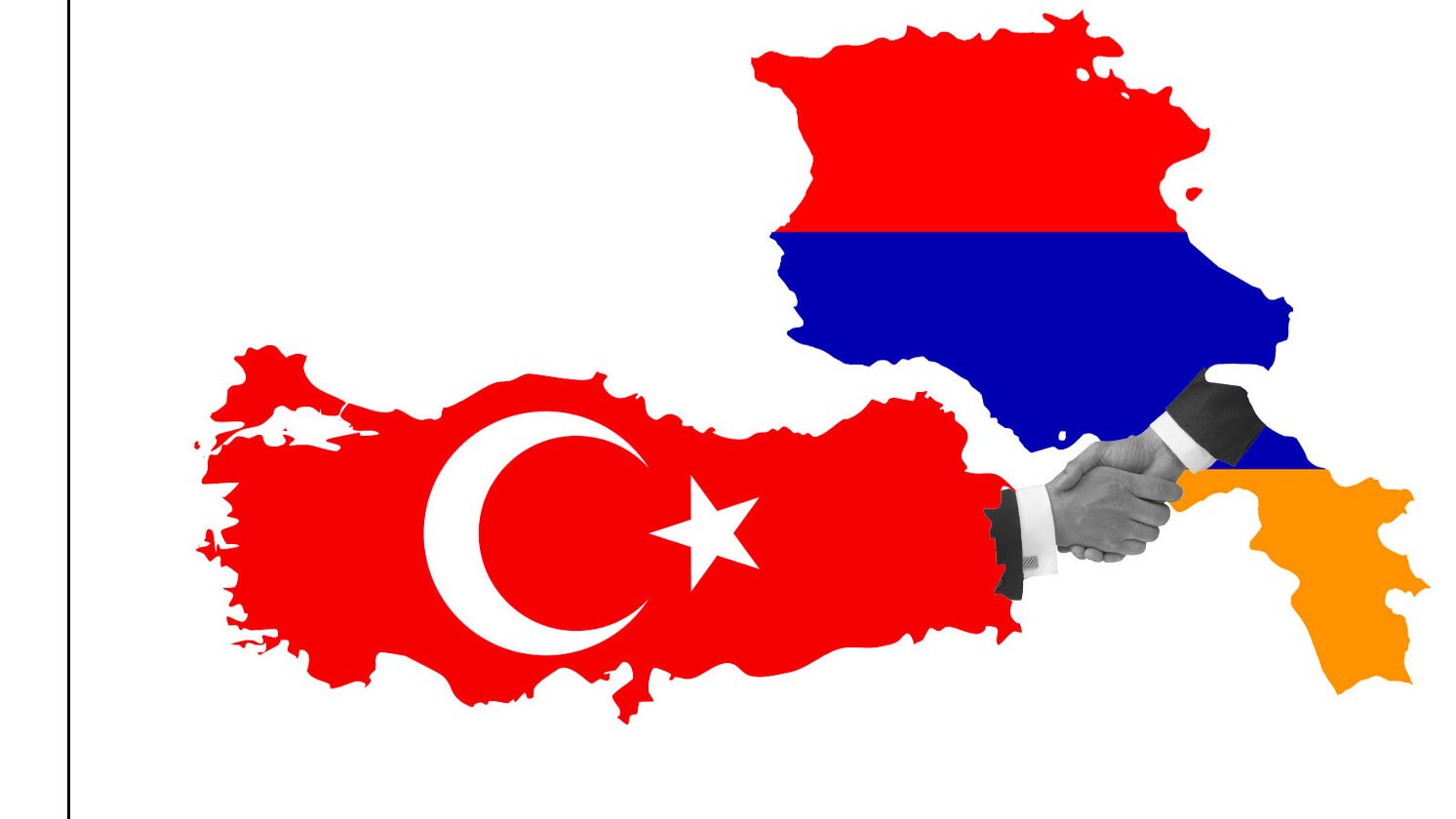Armenia and Turkey share a complex and troubled history, marked by periods of conflict, tension, and sporadic attempts at reconciliation. The roots of their strained relationship lie in historical events, particularly the Armenian Genocide of 1915, territorial disputes, and geopolitical considerations. This essay aims to delve into the multifaceted dimensions of Armenia-Turkey relations, examining the historical context, contemporary challenges, and potential avenues for reconciliation.
Historical Context
Ottoman Empire and Armenian Genocide
The Armenian Genocide stands as a seminal event in the collective memory of Armenians, representing a period of systematic extermination and displacement orchestrated by the Ottoman Empire during World War I. Between 1915 and 1923, hundreds of thousands of Armenians were killed, and many more were forcibly removed from their ancestral lands. Turkey, the successor state to the Ottoman Empire, has long been reluctant to acknowledge these events as genocide, instead characterizing them as a consequence of wartime turmoil.
Soviet Era and Nagorno-Karabakh Conflict
Following World War I, Armenia briefly gained independence, only to be absorbed into the Soviet Union in 1920. This period saw the crystallization of territorial disputes, particularly concerning Nagorno-Karabakh, an ethnically Armenian enclave within Azerbaijan. The dissolution of the Soviet Union in 1991 reignited tensions in the region, culminating in the Nagorno-Karabakh War (1988-1994), during which Armenia and Azerbaijan fought over control of the enclave. Turkey’s support for Azerbaijan during the conflict further strained its relations with Armenia.
Contemporary Challenges
Diplomatic Impasse
Armenia and Turkey have yet to establish formal diplomatic relations. Turkey closed its border with Armenia in 1993 in solidarity with Azerbaijan during the Nagorno-Karabakh conflict, effectively isolating Armenia from its western neighbor. This closed border has hindered economic cooperation and cultural exchange between the two countries.

Genocide Recognition
The question of genocide recognition remains a significant obstacle to reconciliation. While numerous countries and international bodies have recognized the events of 1915 as genocide, Turkey steadfastly denies this label. Ankara argues that the deaths were a result of inter-ethnic conflict and the chaos of World War I, rather than a premeditated campaign of extermination.
Nagorno-Karabakh Issue
The unresolved status of Nagorno-Karabakh continues to fuel tensions in the region. Despite a ceasefire in 1994, sporadic clashes occurred along the line of contact, perpetuating a cycle of violence and distrust. Turkey’s close alliance with Azerbaijan and its military support during the 2020 Nagorno-Karabakh war further exacerbated tensions with Armenia.
Regional Geopolitics
Armenia’s geopolitical landscape is heavily influenced by its relations with neighboring countries, particularly Russia and Iran. Both countries have historically served as strategic allies for Armenia, providing security guarantees and economic support. Turkey’s growing assertiveness in the region, particularly its involvement in conflicts such as Syria and Libya, has added another layer of complexity to regional dynamics.

Prospects for Reconciliation
Track II Diplomacy
Despite the absence of formal diplomatic relations, there have been several initiatives aimed at fostering dialogue between Armenia and Turkey. Track II diplomacy, involving non-governmental organizations, academics, and civil society groups, has played a crucial role in facilitating communication and promoting understanding between the two nations. These initiatives have focused on promoting people-to-people contacts, cultural exchanges, and historical reconciliation.
Economic Cooperation
There is potential for increased economic cooperation between Armenia and Turkey, particularly in the fields of trade, energy, and infrastructure. Reopening the border between the two countries could unlock significant economic opportunities, benefiting both nations and fostering interdependence. However, progress in this area is contingent upon addressing the underlying political and security concerns that have impeded rapprochement thus far.
Reconciliation through Reassessment of History
A sincere reassessment of historical narratives could pave the way for reconciliation between Armenia and Turkey. Acknowledging past wrongs, including the Armenian Genocide, and engaging in meaningful dialogue about shared history could help bridge the gap between the two nations. Turkey’s recent steps towards acknowledging the diversity of its historical narrative, albeit limited, signal a potential opening for dialogue on this sensitive issue.
International Mediation
The involvement of international mediators, such as the United States, the European Union, and Russia, could help facilitate a resolution to the Armenia-Turkey conflict. These external actors possess the leverage and diplomatic clout to bring both parties to the negotiating table and broker agreements that address the underlying grievances and security concerns of both sides.
Armenia-Turkey relations are characterized by a complex interplay of historical grievances, territorial disputes, and geopolitical considerations. Despite the numerous challenges and obstacles to reconciliation, there remain opportunities for dialogue, cooperation, and eventual rapprochement. Addressing the legacy of the Armenian Genocide, resolving the Nagorno-Karabakh conflict, and fostering economic interdependence are key steps towards building trust and stability in the region. Ultimately, the path to reconciliation will require political will, dialogue, and compromise from both Armenia and Turkey, as well as the support of the international community.
